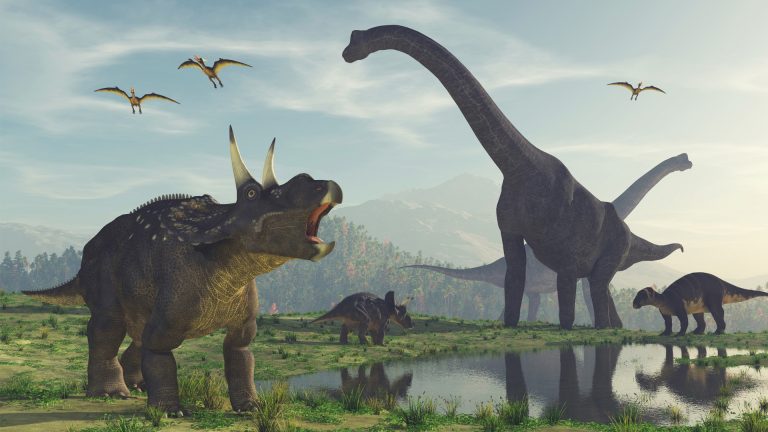New Dinosaur Species Unearthed By A Ph.D. Student In South Africa

Over 200 million years ago, there was a species of dinosaurs that roamed the territories of that today is known as South Africa. The species is named Massospondylus Carinatus, and they have lived in the period that spanned between late Triassic to early Jurassic.
Ph.D. Student Found A New Dinosaur Species
Many fossils have been found in South Africa of this species, and many students and researchers examined the fossils for scientific purposes. It was when one Ph.D. student, Kimberley Chapelle, who was also studying the Massospondylus Carinatus fossils to figure out how these dinosaurs developed, from the moment they hatched to their mature years.
One of the samples that she was studying belonged to Grey Skull, a crippled Massospondylus Carinatus, and had been exposed at the University of the Witwatersrand, Johannesburg, since 1978. It was quite a surprise when, after many close examinations, the Ph.D. student realized that Gray Skull’s remains had been wrongly classified and that they actually belonged to a species of dinosaurs never discovered before.
The Newly Found Dinosaur Species Thrived After Triassic-Jurassic Extinction
Kimberley Chapelle came to this conclusion after she conducted some CT scans of the skull and realized he was another different species. Therefore, Grey Skull has been classified into a new species of its own called Ngwevu Intloko. A fun fact about the name is that Ngwevu Intloko means Grey Skull in isiXhosa, one of the official languages of South Africa and the official language of Zimbabwe.
After further examination, Chapelle concluded that the Ngwevu Intloko species had thrived immediately after the Triassic-Jurassic extinction, one of the five mass extinctions events of Earth. The discovery of this new type of dinosaur is quite essential as paleontologists would be able to study how life can get back on track after an extinction that leads to the disappearance of about 76% of all terrestrial and marine life species, as well as around 20% of taxonomic families.
0 comments